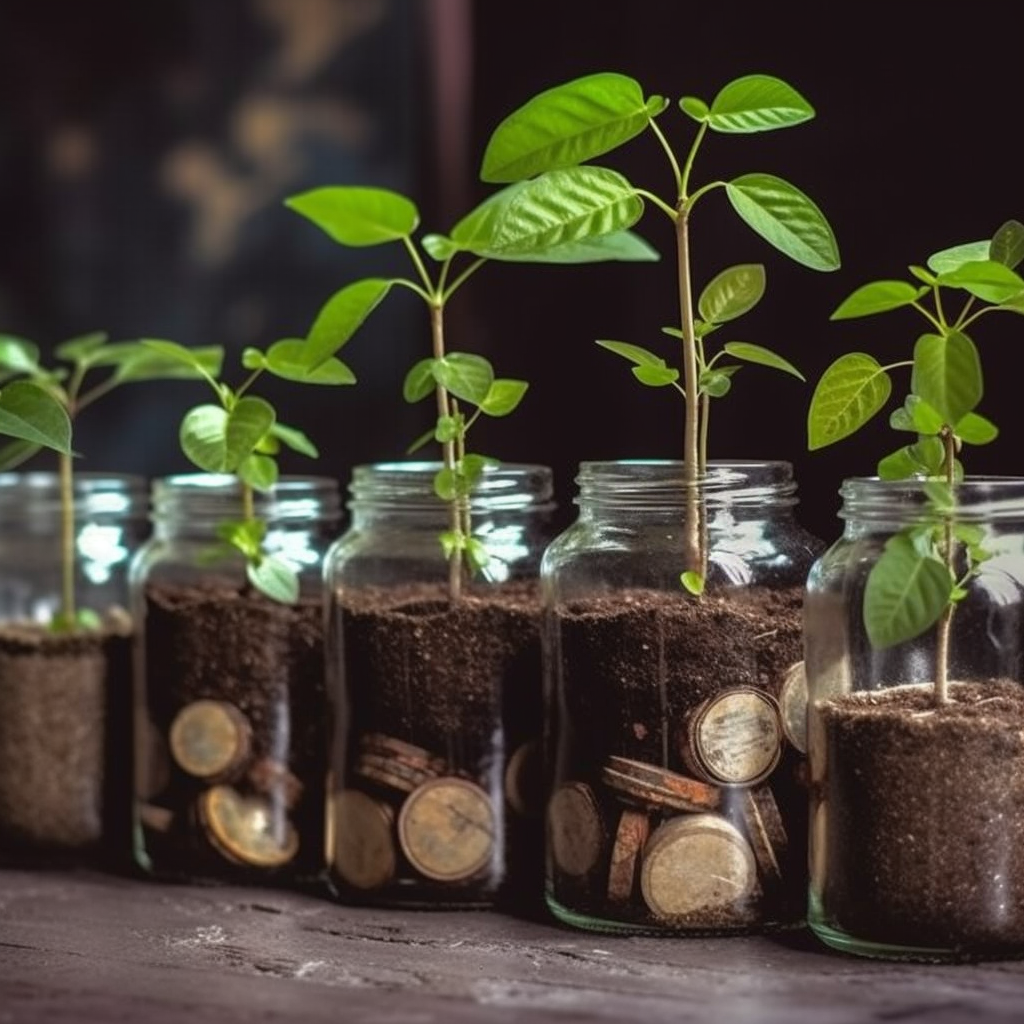June 26, 2023
Ensuring a Just Transition – MDBs’ Role in Mobilizing Finance for Low-Carbon Economy
Book a Demo
Multilateral development banks (MDBs) are taking an active role in climate action projects in the near future. In 2021, low- and middle-income countries received approximately US$51 billion in climate finance from MDBs. However, the ‘Just Transition’ discourse poses a significant challenge for emerging economies in mobilizing finance for the transition to a low-carbon economy.
A just transition to a low-carbon economy must prioritize the needs of affected workers and communities. Marginalized groups, especially women and indigenous peoples, must be included in the transition process. MDBs should support the development of new industries and job opportunities that align with low-carbon goals. The transition should prioritize human rights and social justice.
To meet these challenges, MDBs have already planned to incorporate just-transition-based projects in their portfolios in the coming years. The Indian G20 presidency has a crucial role to play in driving MDB reform to ensure that the transition to a low-carbon economy is equitable and just.
MDBs must collaborate with governments, private sector partners, and civil society organizations for a coordinated and effective transition. By working together, they can support the development of new industries and job opportunities that align with low-carbon goals, while prioritizing human rights and social justice.
MDBs are committed to significantly enhancing their capacity for climate action projects in the near future. However, the ‘Just Transition’ discourse poses a significant challenge for emerging economies in mobilizing finance for the transition to a low-carbon economy. MDBs must collaborate with governments, private sector partners, and civil society organizations for a coordinated and effective transition that prioritizes human rights and social justice.



